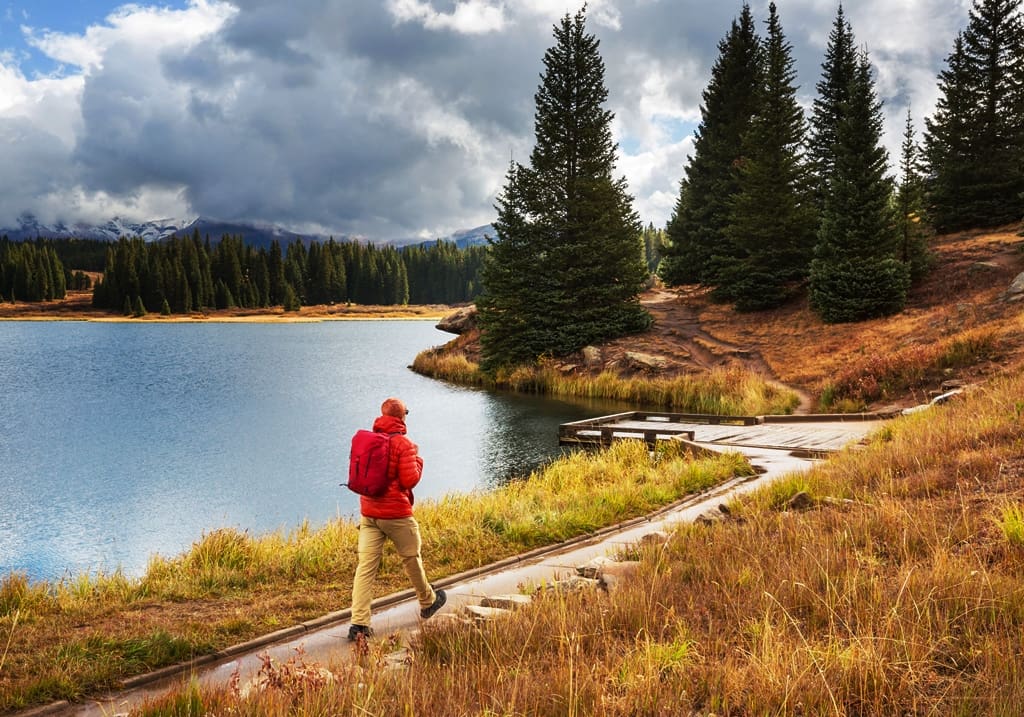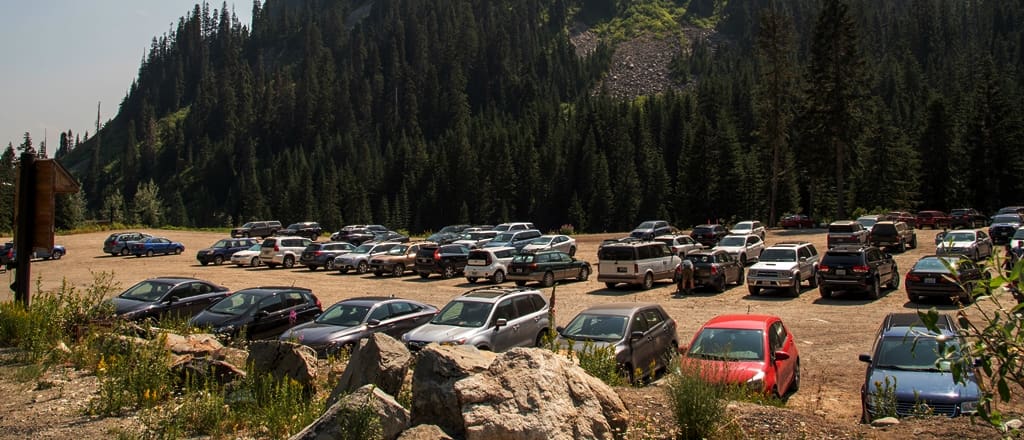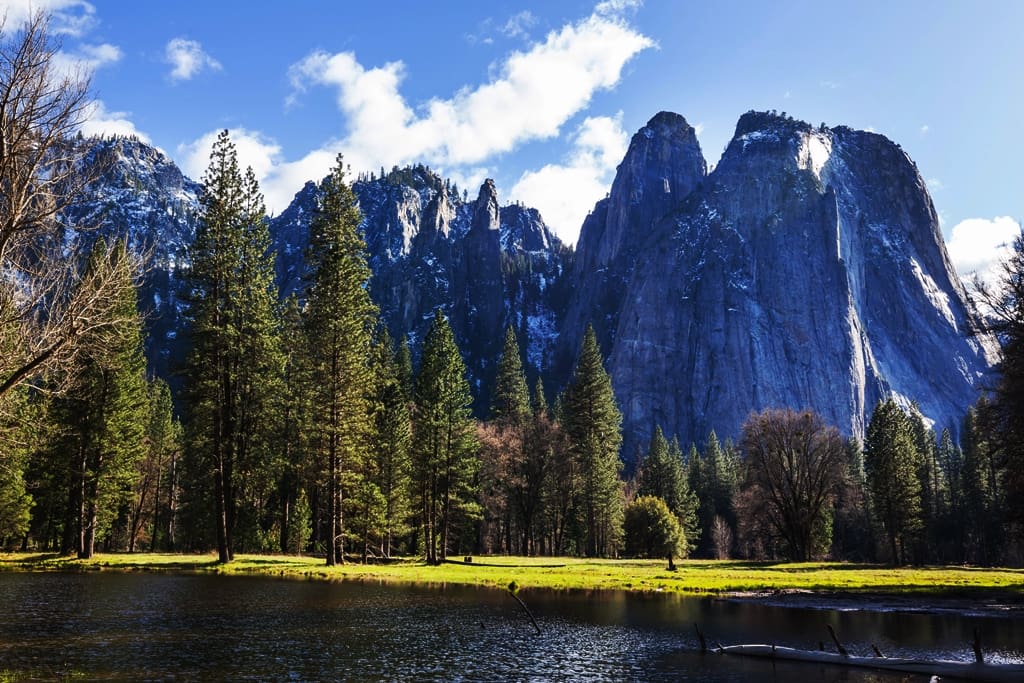Are you considering buying a home near a national park? It’s a tempting idea for nature lovers and outdoor enthusiasts, but there are important factors to weigh before making such a significant investment. In this comprehensive guide, we’ll delve into the pros and cons of buying a home near a national park to help you make an informed decision.
Pros of Buying a Home Near a National Park:

- Scenic Beauty: Living near a national park means breathtaking views and access to pristine natural landscapes right outside your doorstep. Imagine waking up to the sunrise over majestic mountains or having a peaceful evening watching wildlife from your backyard.
- Recreational Opportunities: Enjoy a wide range of outdoor activities such as hiking, camping, fishing, and wildlife watching. Whether you’re a seasoned adventurer or just starting to explore nature, living near a national park opens up endless possibilities for outdoor fun.
- Health Benefits: Studies show that living close to nature can reduce stress, improve mental health, and encourage an active lifestyle. Breathing fresh air, staying active outdoors, and connecting with nature are all factors that contribute to a healthier and happier life.
- Potential Investment: Properties near national parks often appreciate in value, making them a potentially lucrative investment opportunity. As more people seek homes with access to nature, the demand for properties near national parks is expected to continue rising.
- Community and Culture: Many park-adjacent areas have vibrant communities with a strong connection to nature and conservation. You’ll likely find like-minded individuals who share your passion for the outdoors and environmental stewardship.
Cons of Buying a Home Near a National Park:

- Limited Amenities: Remote locations may have limited access to amenities such as shopping, healthcare, and entertainment options. Consider your lifestyle needs and how you’ll manage daily tasks and errands in a potentially more isolated setting.
- Tourist Season: During peak tourist seasons, the area near the park can become crowded, affecting traffic and noise levels. Be prepared for increased activity and plan accordingly, especially if you prefer quieter surroundings.
- Environmental Impact: Increased human activity near the park can have environmental consequences, including habitat disruption and wildlife disturbance. It’s essential to be mindful of your actions and their potential impact on the delicate ecosystems around you.
- Maintenance Costs: Properties in natural settings may require additional maintenance due to exposure to the elements and wildlife. Factor in ongoing maintenance expenses when budgeting for your home near a national park.
Factors to Consider Before Buying:

- Location: Research the specific park and its proximity to essential services, infrastructure, and your workplace. Consider how far you’re willing to travel for daily necessities and services.
- Budget: Consider the cost of living, property prices, taxes, and potential maintenance expenses before committing. Create a detailed budget that accounts for all aspects of homeownership in a park-adjacent area.
- Lifestyle Preferences: Evaluate your lifestyle preferences regarding solitude, outdoor activities, and community dynamics. Determine what matters most to you in your daily life and how living near a national park aligns with those priorities.
- Future Plans: Think about your long-term plans, such as retirement or resale potential, and how the park location fits into them. Consider the potential resale value of your home and its appeal to future buyers.
In conclusion, buying a home near a national park can offer a unique lifestyle with unparalleled access to nature, but it’s crucial to weigh the pros and cons carefully. Consider your priorities, budget, and long-term goals to make an informed decision about this exciting real estate opportunity.
#NationalParkHomes #RealEstateTips #HomeBuyingGuide
